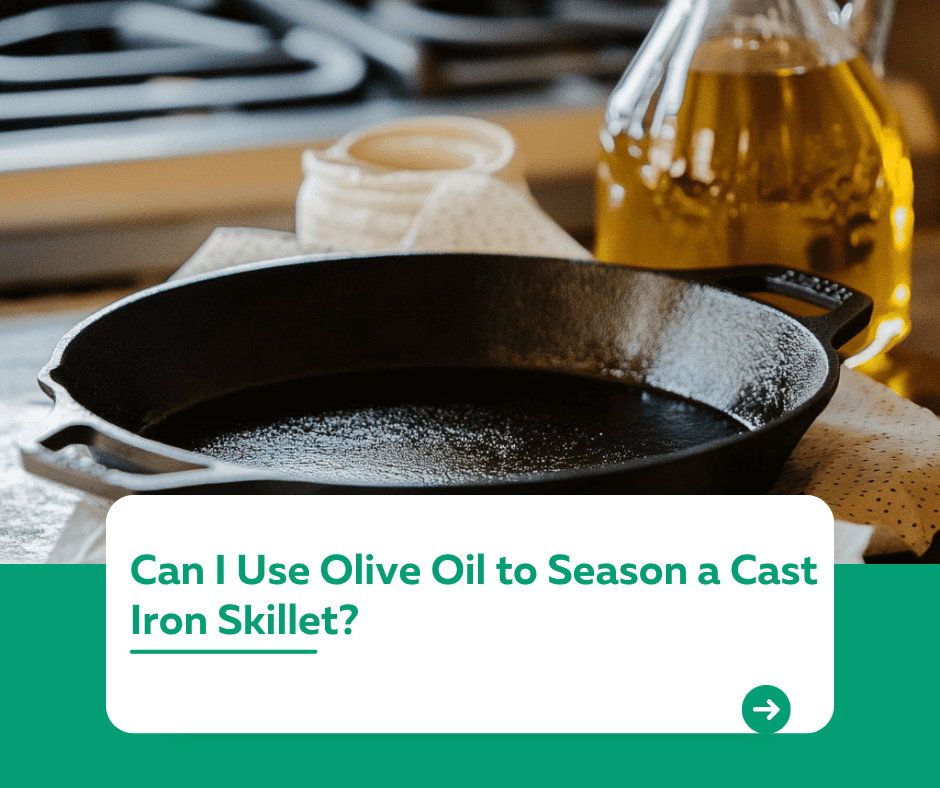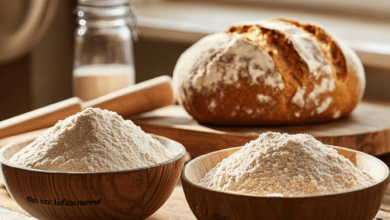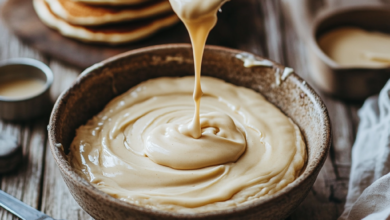Wondering if you can use olive oil to season a cast iron skillet? Learn the pros and cons, why it’s not ideal, and better oil alternatives for seasoning your skillet properly

Introduction
“Can I use olive oil to season a cast iron skillet?”
Seasoning a cast iron skillet is a vital step to create a nonstick surface and protect it from rust. While there are many oils to choose from, olive oil is often debated due to its lower smoke point compared to other oils. In this guide, we’ll explore whether olive oil is suitable for seasoning and the best practices if you decide to use it.
1. What Is Seasoning, and Why Does Oil Matter?
Seasoning is the process of creating a hard, nonstick surface by heating oil until it polymerizes on the cast iron.
- Why Oil Choice Matters:
- The oil must withstand high temperatures without burning.
- A high-smoke-point oil ensures effective seasoning.
2. Can You Use Olive Oil for Seasoning?
Olive oil is not the best option for seasoning, but it can work in certain cases.
- Pros:
- Readily available in most kitchens.
- Adds a mild flavor if used for cooking after seasoning.
- Cons:
- Low Smoke Point: Olive oil has a smoke point of about 375°F–400°F, which is lower than the temperature typically needed for seasoning (450°F–500°F).
- Sticky Residue: May leave a sticky surface if not applied and heated correctly.
Verdict: Olive oil can be used for light touch-ups but is not ideal for building a durable seasoning layer.
3. Best Oils for Seasoning Cast Iron
To achieve the best results, consider using high-smoke-point oils:
- Flaxseed Oil: Popular for creating a strong, durable seasoning.
- Grapeseed Oil: Affordable and effective for seasoning.
- Vegetable Oil: A versatile and commonly used option.
- Canola Oil: Widely available and reliable for seasoning.
Tip: Oils with a smoke point above 400°F are ideal for creating a stable seasoning layer.
4. How to Use Olive Oil for Maintenance
While olive oil isn’t ideal for initial seasoning, it works well for maintaining a seasoned skillet.
- After Cooking:
- Apply a thin layer of olive oil after cleaning to prevent rust.
- Heat the skillet slightly to allow the oil to bond with the surface.
- During Cooking:
- Use olive oil for sautéing or frying to enhance flavor and keep the skillet seasoned.
5. Tips for Successful Seasoning
If you decide to use olive oil for seasoning:
- Use only a thin layer to prevent a sticky residue.
- Heat the skillet to the oil’s smoke point (but not beyond).
- Repeat the process multiple times for a stronger seasoning layer.
Conclusion
While olive oil can be used for seasoning in a pinch, it’s not the best option due to its low smoke point and tendency to leave a sticky surface. For the best results, choose a high-smoke-point oil like flaxseed or grapeseed oil. However, olive oil is excellent for maintaining a seasoned skillet and adding flavor during cooking.
For more tips on seasoning and cast iron care, visit our Kuestion.com.




